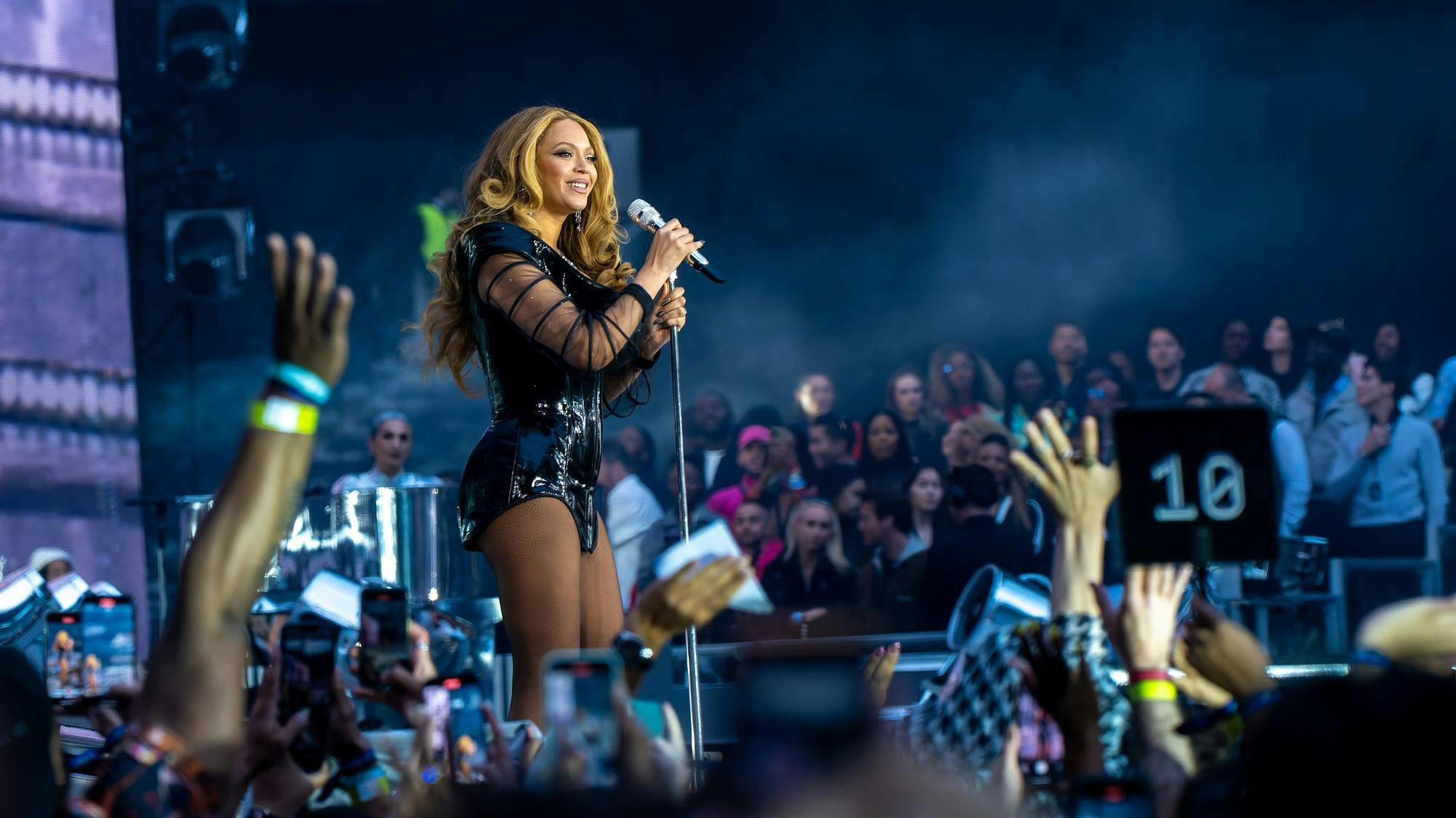Perhaps one of the most tired takes in American politics is that Americans aren’t patriotic enough. However, this sentiment conceals a wealth of presuppositions about what it means to be an American. This is perhaps no better exemplified than by the Zac Brown Band’s song “Chicken Fried” (2005). The chorus describes the ideals of the American heartland: “A cold beer on a Friday night / A pair of jeans that fit just right … See the love in my woman’s eyes / Feel the touch of a precious child / And know a mother’s love.”
While this isn’t an inherently bad conception, it’s not representative of America as a whole. Janelle Monáe, for example, offers a different, more satirical take on this American mythos in their song, “Americans” (2018). Monáe sings, “I like my woman in the kitchen / I teach my children superstitions / I keep my two guns on my blue nightstand / A pretty young thang, she can wash my clothes / But she’ll never ever wear my pants.” These lyrics offer a biting critique of the idea of a ‘true American.’ Perhaps this is the solution to our issues of flagging patriotism; we don’t need to rally people’s love of a limited conception of America, but change how we define an ‘American’ altogether.
America is a land of triumph through struggle. When we celebrate our freedoms, we must remember that among the most important of these freedoms is the freedom to critique, to struggle against and to hate America. What is more patriotic than railing against America? It demonstrates our right to dislike our country and our belief that it could one day be better.
As argued in an article published earlier this month in the Daily, music is an important tool we can use to express American patriotism. The music of artists like Beyoncé and Janelle Monáe, who celebrate the struggles of Americans against the oppression they face, helps create a sense of pride in a different conception of what it is to be an American, one that celebrates our ongoing struggle for freedom and acknowledges the flaws this country has that contribute to this struggle.
On Beyoncé’s 2022 album “Renaissance,” she highlights Black and queer culture and its place in America. Amidst the tracks of this album, she weaves in critiques and celebrations of the American struggle. Nowhere is this more directly demonstrated than in the song “America Has A Problem,” which begins with the lyric “America, America has a problem,” and then refuses to further elaborate on this statement. While this may seem like she’s vague, in reality, she doesn’t need to specify what the ‘problem’ is: In the context of the album’s Black and queer roots, it’s clear that systemic racism and homophobia are her primary suspects. There’s something really powerful in that she chooses to acknowledge that America does “have a problem,” without needing to delve into the complexities of it. In this way, it becomes a uniting statement — a danceable call to action that celebrates the American struggle.
Elsewhere on the record, she’s more direct. The song “Energy” includes the lyrics “Votin’ out 45, don’t get outta line,” which is an obvious reference to the many voters in states like Georgia who waited in hours-long lines to be able to vote in the 2020 presidential election, defying the many obstacles put in the way of their ability to make their voices heard. This is a perfect example of this conception of patriotism: It is both a critique of American politics and a celebration of the people embodying the spirit of a better American patriotism.
Janelle Monáe’s “Americans” (2018) takes this critique even further, tackling almost every version of the ‘problem’ to which Beyoncé was referring. However, it also gives cause for a sense of patriotism under this different conception of America. Interpolating a sermon by Pastor Sean McMillan, some of the last lines of this song are: “This is not my America / But I tell you today that the devil is a liar / Because it’s gon’ be my America before it’s all over.” Monáe and McMillan’s implicit point makes clear why American patriotism is flagging: A cold beer on Friday night just isn’t their America. But as this music makes clear, through our critique and through our struggle, we can work toward a more pluralistic vision of American patriotism.






